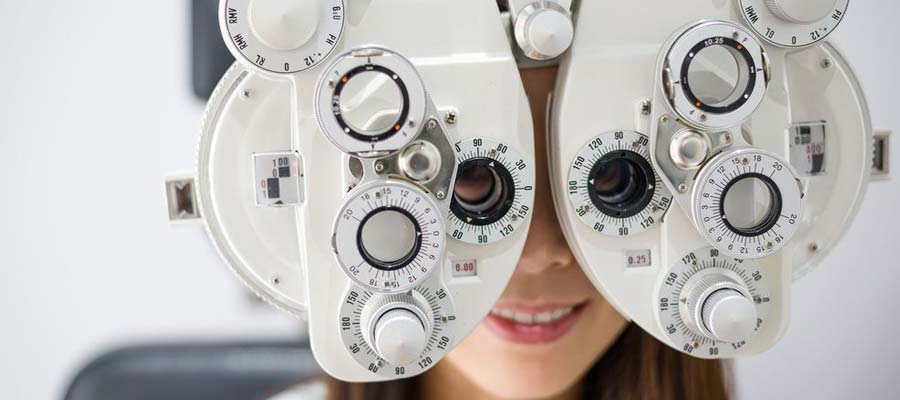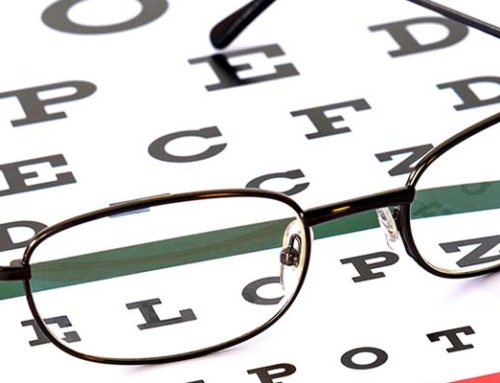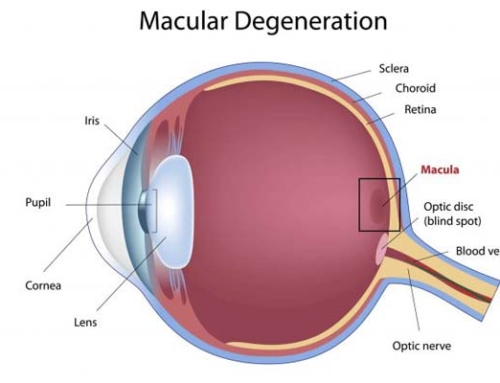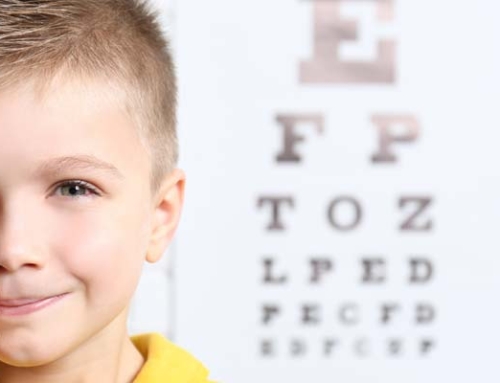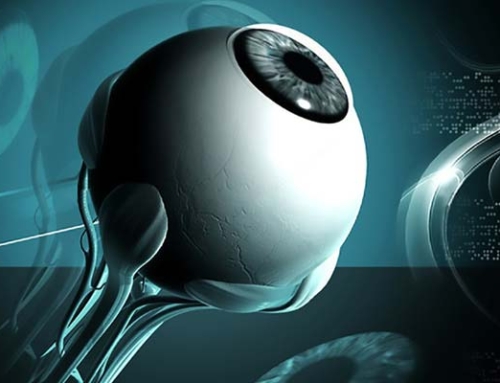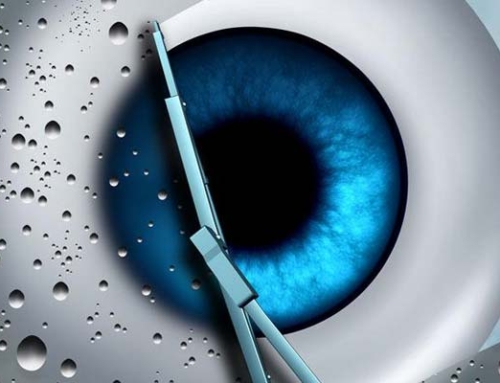So, I guess the question is, can diabetes affect my vision? This my friends is an easy one, YES! High levels of blood sugar (diabetes) can affect your vision and eye health, leading to Cataracts, Glaucoma and Retinopathy. All of these conditions if left undiagnosed and untreated will eventually lead to blindness. Making diabetes the primary cause of blindness in adults between the ages of 20 to 74. Diabetes can cause blurry vision by causing the lens of the eye to swell affecting the way that you see. If you have recently been diagnosed with diabetes it is crucial to be evaluated by your eye care physician to determine whether the change in vision is normal or a result of lens swelling.
Diabetes can also cause the lens of the eye to get cloudy which is what we call cataracts. Cataracts are a normal clouding of the lens of the eye but can usually be accelerated by a patient with diabetes. In some cases, cataracts are not visually significant and require a prescription adjustment, however, as time goes by the only option would be surgery. A medical Optometrist will be able to evaluate you and determine what would be the best option for you.
Diabetes can also put you at risk of developing a form of glaucoma called neovascular glaucoma. To put this in the easiest terms I know how this type of glaucoma is caused by new blood vessels that grow on the colored part of your eye and blocks the normal drainage of the eye causing the pressure to increase. The treatment for this will include laser used to stop the growth of these vessels, and or implants to help with the drainage of fluid.
The main thing that we look for when someone is diabetic is a disease called Diabetic Retinopathy. High sugar levels damage blood vessels in the back of the eyes which cause them to leak and develop retinopathy. Retinopathy is basically a disease of the retina leading to loss of vision. The longer you have diabetes the higher the chance you will develop this. Patients with Type I diabetes are at a higher risk as well as patients with poor control of their sugar. If this is not treated early, patients may go blind due to the buildup of fluid in the center of their retina. This buildup of fluid happens in a place called the macula causing a condition known as diabetic macular edema. Some of the treatment would include monitoring closely, dietary control, laser and or injections. Many of these conditions can be prevented if caught early during your annual diabetic eye exam. In the early stages, there are no symptoms involved with diabetic retinopathy that is why we stress the importance of your annual comprehensive eye exams. I evaluate every patient with a comprehensive eye exam and upon finding any abnormalities I treat and manage you accordingly. The doctor should send a report to your Primary Care Physician and Endocrinologist to make sure all of your health care providers are in communication with your treatment and management.
The earlier any of these conditions are diagnosed the better the chances of stopping further impairment and or reduce the risk of loss of vision. I can’t stress enough the importance of getting a yearly medical eye exam, especially if you are diabetic or borderline diabetic. You may not even be experiencing any symptoms, or maybe those subtle differences are the start of something bigger. So, to answer the question again, yes. Diabetes has a considerable effect on your vision and eye health so please don’t wait to get those symptoms checked, it could mean the difference between losing your vision or not.

